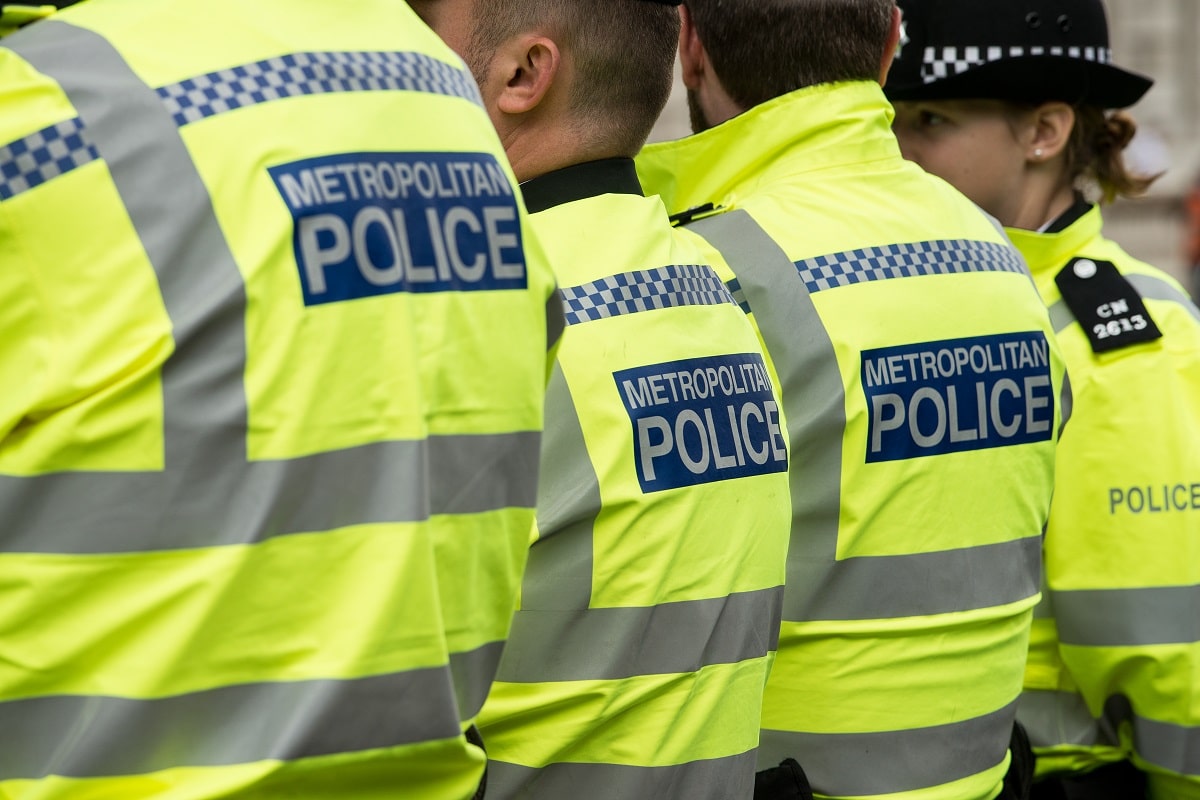As food bank usage skyrockets among police officers, new research has uncovered the stark truth behind the thin blue line, revealing the profound challenges of food poverty within law enforcement. Here’s the full story.
Cost of Living Crisis
With the UK firmly in the grip of a cost-of-living crisis, inflation back on the rise, and the economy officially back in recession, families across the country are struggling to make ends meet.
The situation has become so dire that even those employed in jobs previously thought of as well-paid and essential for society’s functioning, like police work, have seen their living standards plummet. A recent analysis by The Independent has highlighted the dire financial situation of many police officers in England and Wales.
Stagnant Wages
As stagnant wages fail to keep pace with the rising cost of living, an increasing number of officers find themselves grappling with food poverty. They resort to drastic measures such as skipping meals and relying on food banks to make ends meet. The recently released data reveals a profoundly troubling reality: a significant proportion of police officers are facing food poverty.
According to a survey of over 6,000 serving officers, nearly one in five officers report missing meals to cope with financial strain, with almost 10% resorting to food banks in the past year alone.
This marks a staggering 50% increase over just three years, painting a bleak picture of the financial stability within the policing community.
Low Salaries
At the heart of this issue lies the disparity between police salaries and the cost of living. The average starting salary for a police constable stands at £23,556, significantly lower than pre-2013 levels due to austerity measures imposed by then-Home Secretary Theresa May. This disadvantages police officers compared to professionals in other sectors, such as nursing, where starting salaries are notably higher.
As a result, many officers struggle to afford basic necessities, with a significant portion of their income allocated to housing, bills, and transportation costs. The personal accounts of police officers further underscore the severity of the situation, with many complaining of living paycheck to paycheck despite working six days a week.
Commuting to and from work, especially in the high-cost city of London, also incurs substantial expenses, leaving officers with little disposable income to cover essential expenses like food.
Financial Hardship
The repercussions of financial hardship extend beyond individual officers, as diminished morale and dwindling retention rates threaten to undermine the effectiveness of police forces nationwide.
The prospect of struggling to make ends meet while shouldering the immense responsibilities of the job weighs heavily on officers, exacerbating feelings of disillusionment and frustration.
Against a backdrop of ongoing scandals and public scrutiny, many officers contemplate leaving frontline roles to pursue alternative career paths within or outside the police force.
“Not Acceptable”
Amid mounting concerns, calls for urgent intervention grow louder. Annette Petchey of Metfriendly, a police financial services provider, stated, “It simply is not acceptable that police officers do not have enough money to feed themselves and their families.”
She continued, “I know I’m not at my best-making decisions when I’m hungry, so how on earth can we expect police officers to make life-or-death decisions when they are forced to skip meals because of their financial situation?”
Similarly, Steve Hartshorn, Chair of the Police Federation, speaking to the Independent, stated, “They are feeling that it’s just not worth being a police officer anymore. We have never known it so bad.”
“Not a Great Advert for Policing”
When asked about the skyrocketing rates of foodbank use among police officers, he stated, “This is not a great advert for policing in 2024 and cannot be allowed to continue. How can we have a profession that are unable to afford to feed their families, yet at the same time we see them risk their own lives to rescue people from a burning building or stand in the way of violence?”
He continued, “We, as a society, owe it to our police officers, staff, and their families to do better.”
In response to escalating demands, sticking plaster solutions are the best police officers can hope for. Senior British Transport Police officers suggested establishing a food bank to support financially strapped recruits. However, the plan was never carried out.
Metropolitan Police Commissioner Sir Mark Rowley has advocated for above-inflation pay rises and increased allowances to alleviate the financial burden on officers, particularly those in high-cost areas like London. Such measures, if implemented, could offer much-needed relief to officers grappling with food poverty.
Lack of Basic Necessities
The fact that Conservative mismanagement of the economy has gotten to the stage where police officers, those who would be theoretically in charge of maintaining law and order should the economic situation deteriorate any further, are themselves suffering from a lack of basic necessities, is a damning indictment of modern-day Britain.
As calls for more support grow louder, it remains to be seen whether the government will do anything to support police officers who, like so many in the UK, are struggling through a cost-of-living crisis with no sign of help on the horizon.
More Articles Like This…
Broken Britain: 12 Reasons Behind the UK’s Decline
Say the Unsayable: 10 Occasions When Farage Spoke His Mind About Britain
The post “Never Known It So Bad” – Police Officers Visiting Food Banks Is Not Unusual, Say Federation first appeared on Edge Media.
Featured Image Credit: Shutterstock / John Gomez.
Grant Gallacher is a seasoned writer with expertise in politics and impactful daily news. His work, deeply rooted in addressing issues that resonate with a wide audience, showcases an unwavering commitment to bringing forth the stories that matter. He is also known for satirical writing and stand up comedy.

